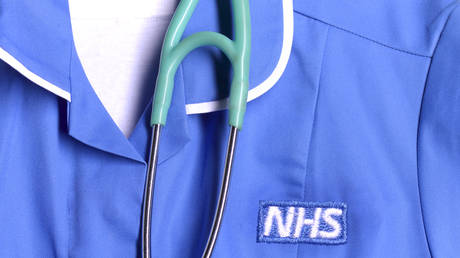
England’s National Health Service will roll out a treatment for a rare genetic disorder affecting young children
The NHS has made an agreement to provide young patients with the most expensive drug in the world, a one-off life-saving treatment which is reportedly priced at £2.8 million ($3.7 million).
“But it can now be offered to young patients on the NHS in England after the health service negotiated a significant confidential discount,” the NHS said in a statement on Friday.
Developed by British firm Orchard Therapeutics, the drug Libmeldy is used to treat metachromatic leukodystrophy (MLD), a rare and fatal genetic disorder in babies and young children.
“The deal we have struck is just the latest example of NHS England using its commercial capabilities,” NHS England Chief Executive Amanda Pritchard said, adding that the service continues to provide “patients with cutting-edge treatments and therapies at a price that is fair to taxpayers.”
Orchard Therapeutics CEO Professor Bobby Gaspar said the deal was “a major milestone for the MLD community” and a testament to “the potential for durable effects” of gene therapy.
MLD is caused by a genetic mutation that results in the build-up of fats in the cells of the brain, spinal cord, peripheral nerves, and other organs, such as the liver and kidneys. Over time, the nerves and other parts of the body stop working, causing progressive loss of sight, speech, and hearing, as well as the ability to walk.
The disorder first develops in babies younger than 30 months. The average life expectancy of children suffering from MLD is between just five and eight years old. MLD also occurs in teenagers and adults, but less frequently.
Around four babies are born with MLD in England every year, according to the BBC.




